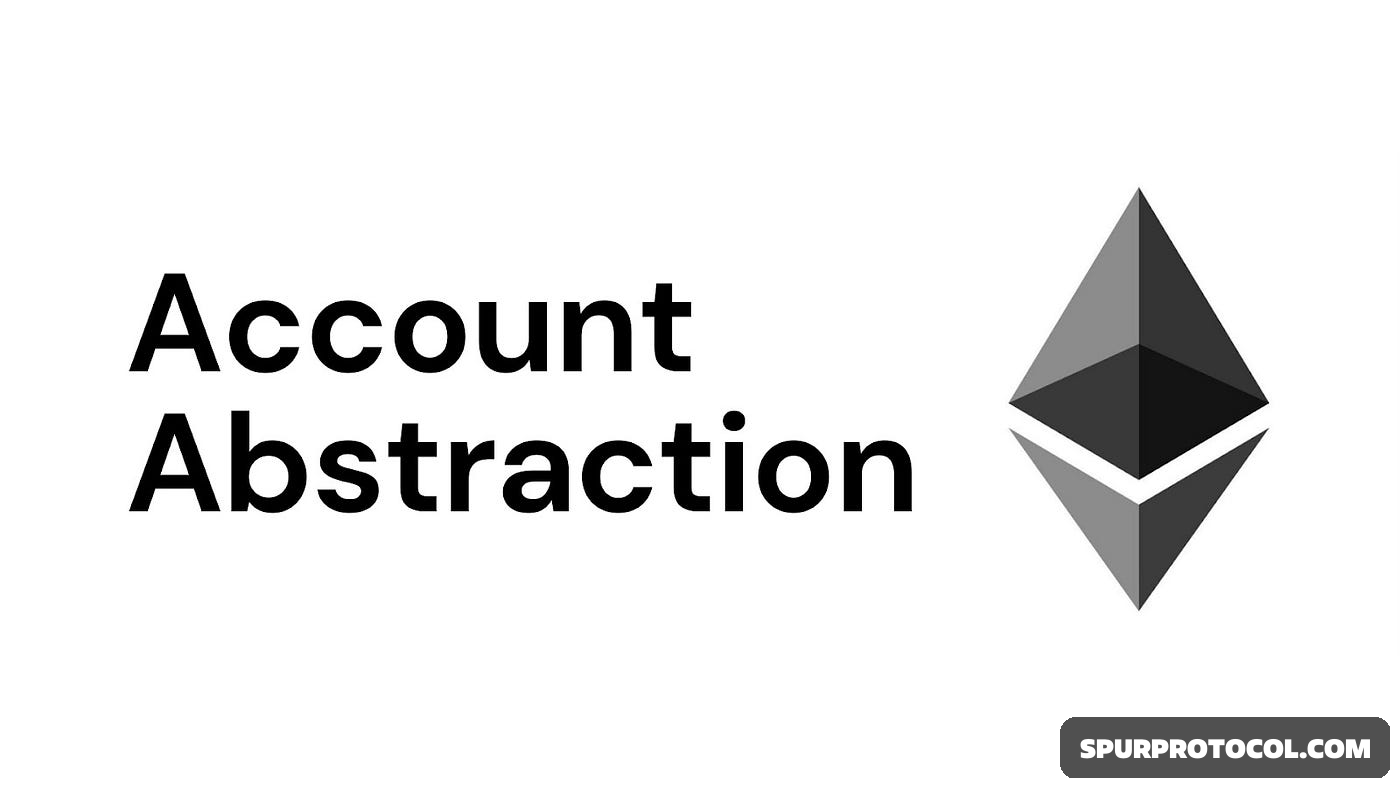What Is Account Abstraction (AA)?
Account Abstraction (AA) is an architectural shift that unifies the two types of Ethereum accounts (Externally Owned Accounts and Contract Accounts) into a single, smart-contract-based entity. This change enables advanced features like social recovery, key rotation, and automated payments, fundamentally enhancing security and user experience.
Go Back

🕒 7:56 PM
📅 Oct 25, 2025
✍️ By Nathanael707
Defining Account AbstractionAccount Abstraction (AA) is the process of hiding the complexity of how accounts manage keys and execute transactions. It transforms the standard, single-key-dependent user account into a smart contract wallet with flexible, customizable logic. This change allows users to define custom validation rules for transactions, moving beyond the simple single-signature requirement that makes traditional crypto wallets vulnerable to key loss.
Unification: Combines the functionality of EOAs (user wallets) and Contract Accounts (smart contracts).
Smart Wallet: The user's account itself becomes a highly flexible smart contract.
Custom Logic: Enables customized security features like transaction limits or time locks.
Improved UX: Allows for gas payments in any token and simplified, secure recovery methods.
Key Rotation: Users can change their private keys without changing their public address.
Key Features Enabled by Account Abstraction
The flexibility of a smart contract account allows for the implementation of security and convenience features previously impossible with simple Externally Owned Accounts (EOAs).
Social Recovery: Allows a user to designate trusted "guardians" to recover a lost key without needing a single, vulnerable seed phrase.
Batch Transactions: Multiple actions (e.g., swapping and staking) can be bundled into a single, seamless transaction.
Gas Sponsorship: Protocols can choose to pay the transaction fees on behalf of the user, leading to a frictionless experience.
Multi-Factor Authentication: Transactions can be required to be validated by multiple devices or methods (e.g., a phone and a hardware wallet).
Session Keys: Temporary, low-power keys can be created for specific tasks (like playing a game) without exposing the main private key.
Benefits for Security and Mass Adoption
AA directly tackles the two biggest barriers to crypto adoption: the catastrophic risk of losing a seed phrase and the difficulty of user onboarding.
Eliminates Seed Phrase Risk: Moves the critical recovery mechanism from a simple piece of paper to a secure, programmable process.
Enhanced Security: Customized, contract-level protection against compromised keys and phishing attacks.
Mainstream Ready: Makes the crypto wallet experience feel more familiar to modern banking/app security models.
Cost Efficiency: Batching transactions can reduce the overall gas cost for complex DeFi actions.
Challenges and Limitations of AA
While promising, the implementation of AA requires significant network changes and introduces new layers of complexity that must be carefully audited.
Standardization: Requires broad adoption of new Ethereum standards (like EIP-4337) to be universally compatible.
Increased Complexity: The smart contract nature of the accounts introduces a small but measurable increase in gas costs.
Audit Risk: The custom logic in the user's account contract is a new attack vector that must be flawlessly audited.
Onboarding Guardians: Social recovery relies on users properly setting up and managing their trusted guardian list.
